Tiger Sport
TigerSport Football and Basketball Game Analysis
U.S. politics threaten to complicate Canada’s co-hosting of 2026 World Cup 


07-27 21:22Views 5986
Political tensions and U.S. immigration policies are causing concerns as Canada, the United States, and Mexico prepare to co-host the 2026 FIFA World Cup. With less than a year until the tournament, experts warn these issues could create significant problems.
The 2026 World Cup will be the largest ever, featuring 48 teams playing 104 matches between June 11 and July 19, primarily in the U.S. Millions of fans are expected to cross borders to attend.
Anxiety stems from U.S. President Donald Trump's harsh immigration policies, including travel bans on specific countries, immigration raids, and mass deportations. While exemptions exist for athletes, staff, and families, the unpredictability of the Trump administration makes it uncertain what rules will be in place during the tournament.
Experts like sports economist Victor Matheson state the U.S. is driving these potential problems, warning of "significant immigration problems with fans and players going across borders." The U.S. currently has travel bans or restrictions on numerous countries and is considering adding more.
Economist Andrew Zimbalist notes Trump has the ability to restrict travel but his actions are unpredictable. Zimbalist suggests visa concerns or political opposition to Trump might deter some fans from attending games in the U.S., potentially leading them to choose matches in Canada instead. However, he points out that the crucial quarter-finals, semi-finals, and final are all scheduled for the U.S.
Canadian Heritage anticipates Canada could receive one million international visitors during the event, acknowledging the expectation of significant cross-border movement between Canada and the U.S. They emphasize focusing on the flow of movement, traveller safety, and border security. The Canada Border Services Agency confirms it is collaborating with federal departments, host cities, and FIFA on safety and security planning.












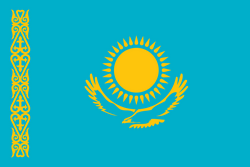
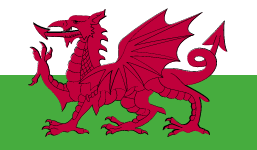

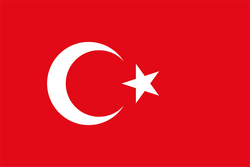
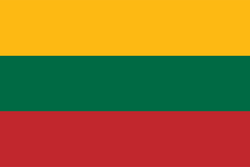
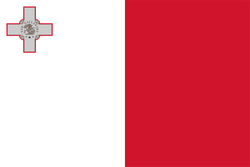
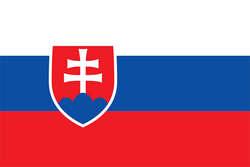
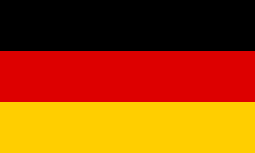


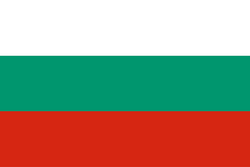

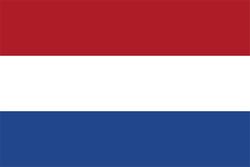
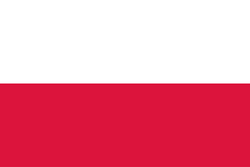
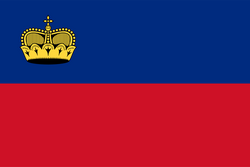


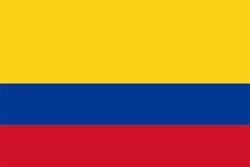
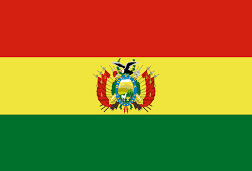
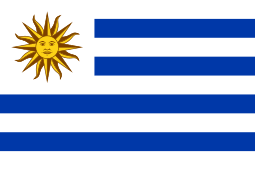
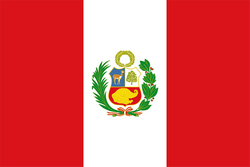
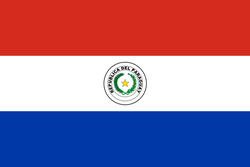
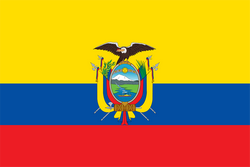
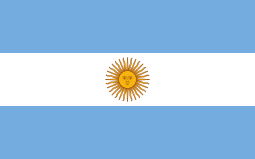
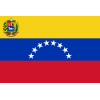
Related Comments(869)